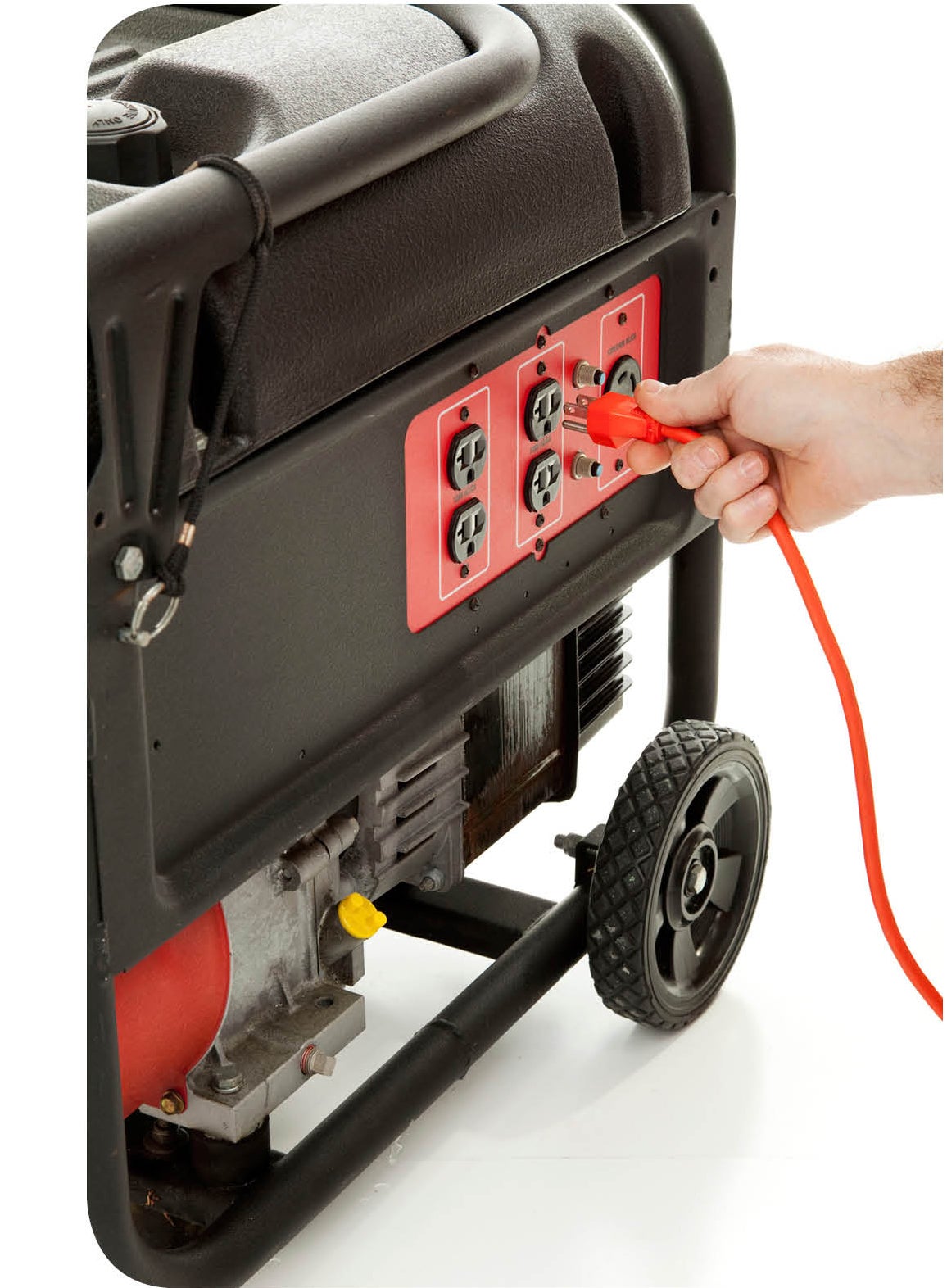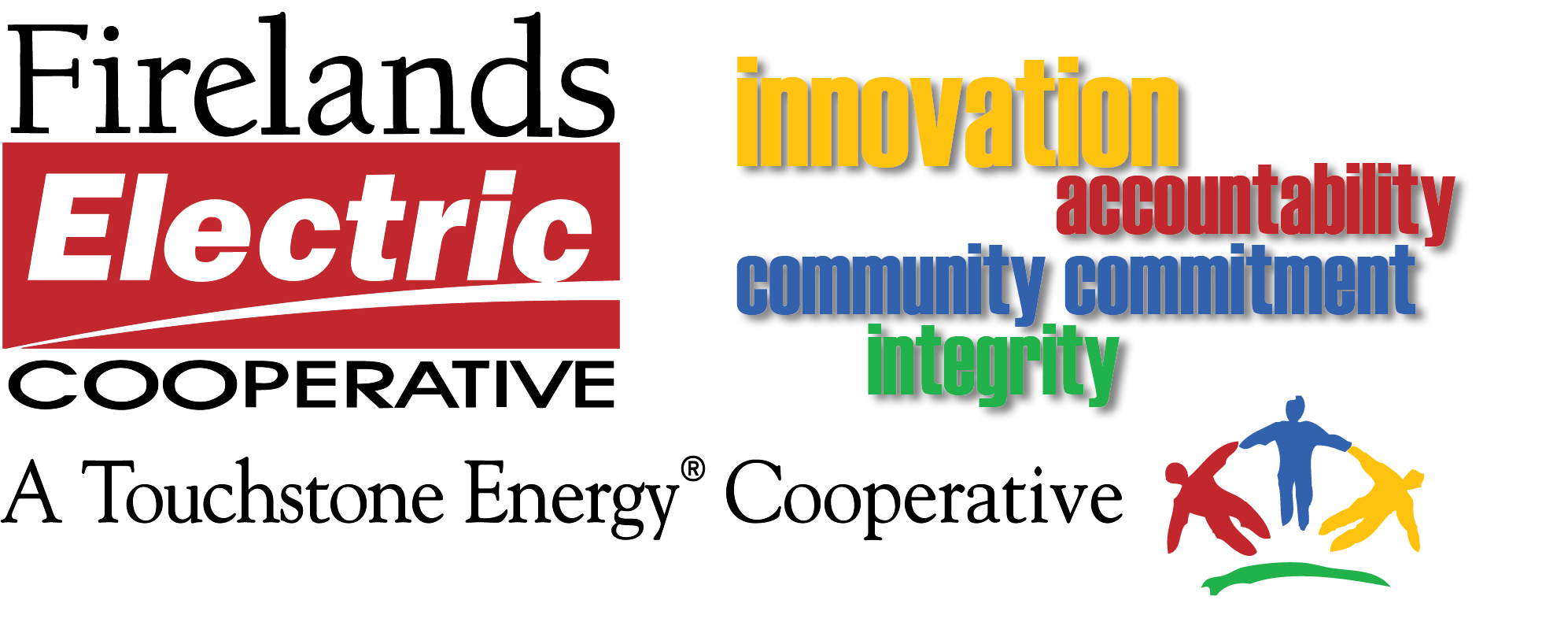
What to Look For in a Generator System
Selecting a home generator system is simple. Generator Sizing determines the correct features and wattage requirements for your home power needs. Here are a few things to consider when selecting a home generator system:
-
Safety. Plan to spend at least $500 to $1,000 for a double-throw generator transfer switch. This allows you to safely connect your generator to your home’s electric system with no possibility of sending electric power out onto the main electric lines where it could injure or kill one of our linemen or someone else. A double-throw switch is REQUIRED by the National Electrical Code and Ohio law.
-
Reliability. Select a manufacturer with an unmatched reputation for reliable generators that offer dependable starts, maintenance/parts, and a quality warranty. When selecting an automatic generator system, choose a brand that offer consistent delivery of “clean power”, which allows the most sensitive electronics such as computers and power-sensitive equipment to not be damaged by power surges.
-
Maintenance. Whole-house generators are usually programmed to start up and run for about a half hour every week so they are ready when needed. Also, they should have an annual tune-up performed by a mechanic. Smaller portable generators should be started and run on a regular basis – at least a couple of times per month. Also, your portable generator will need regular maintenance (oil changes, etc.).
-
Fuel efficiency. Today's superior technology means increased fuel efficiency and longer run times. Many home generator systems offer a full range of systems to meet your power needs and budget. Some manufacturers offer liquid cooled standby generator systems that manage essential high wattage, while using up to 50% less fuel.
-
Noise. Thanks to the use of inherently quiet four-stroke engines and superior technology, Honda generators boast incredibly low decibel levels.
The law requires that customers with a permanently installed generator NOT to connect it to another power source, such as Firelands Electric Cooperative's power lines. If you own and operate a generator, you are responsible for making sure that electricity from your unit cannot "back feed," or flow into Firelands' power lines. Installing a transfer safety switch ensures the safety of Firelands' line workers during an outage. Portable and standby electric generators can be a good temporary source of power for heating, water and sump pumps, lights, refrigeration and cooking during electric outages. Some generators are larger and permanently installed.
Contact our Operations department here, or call 1-800-533-8658, for ways to connect your standby generator safely.
